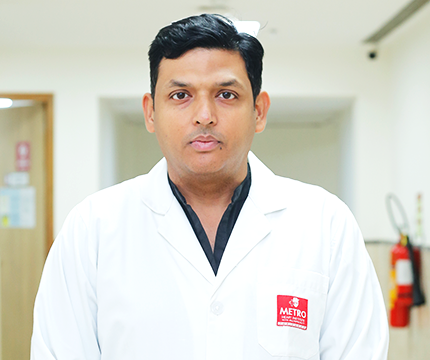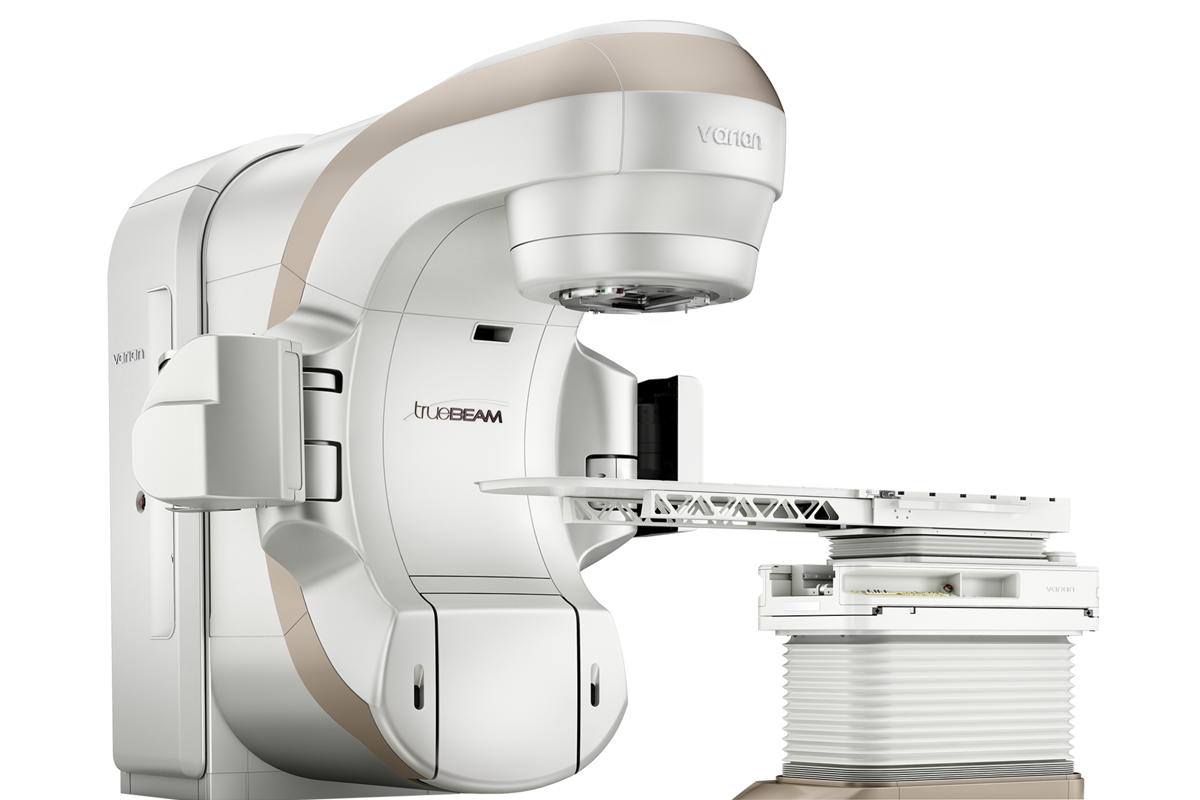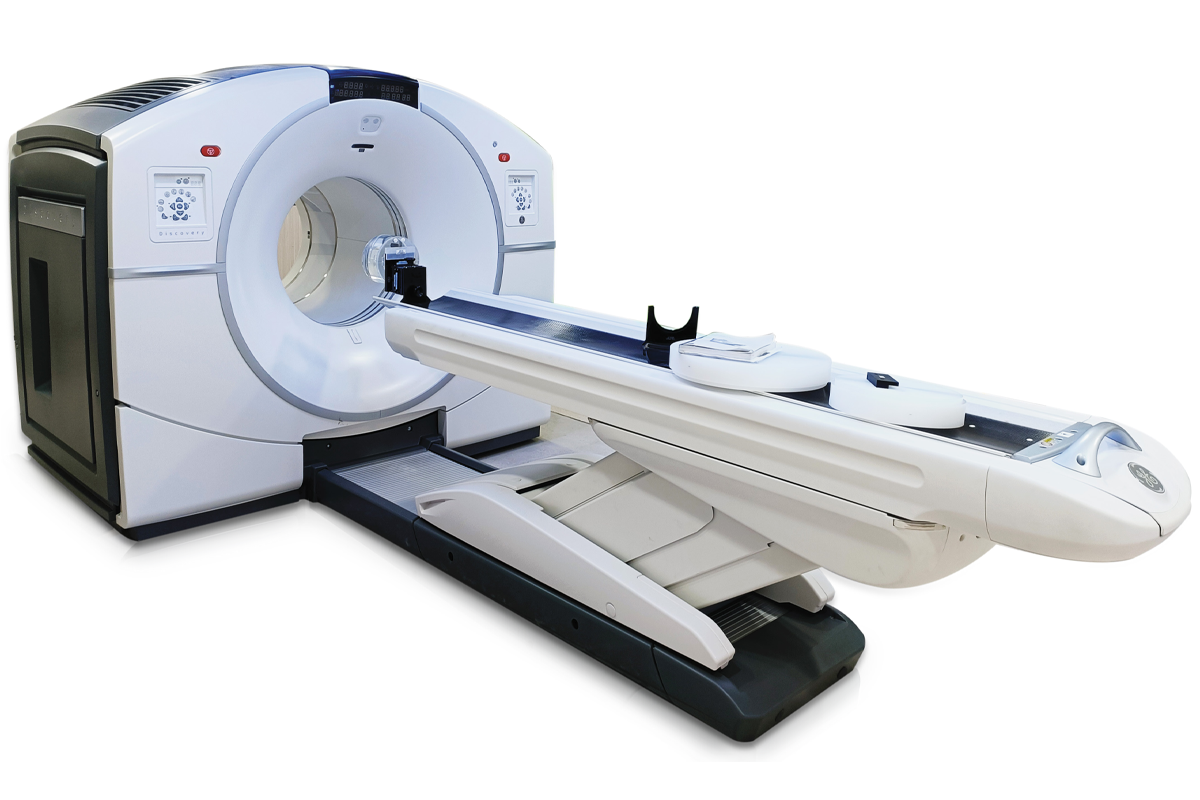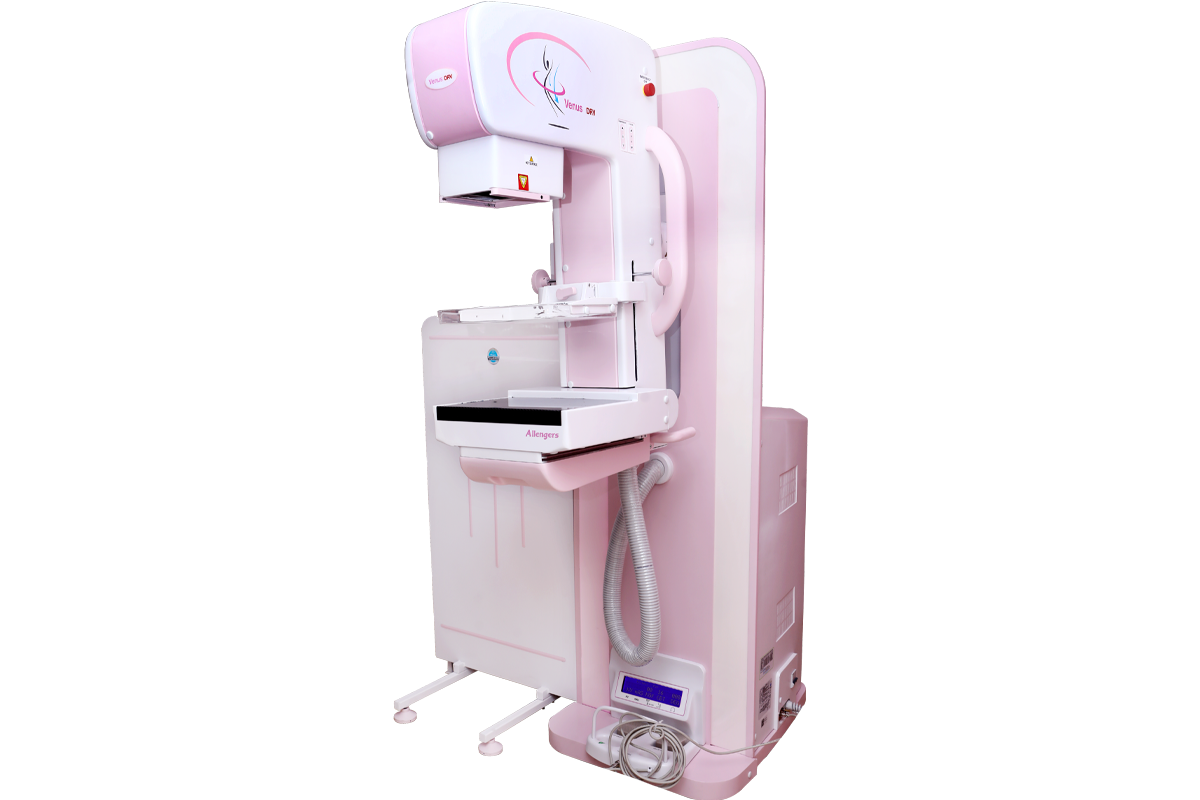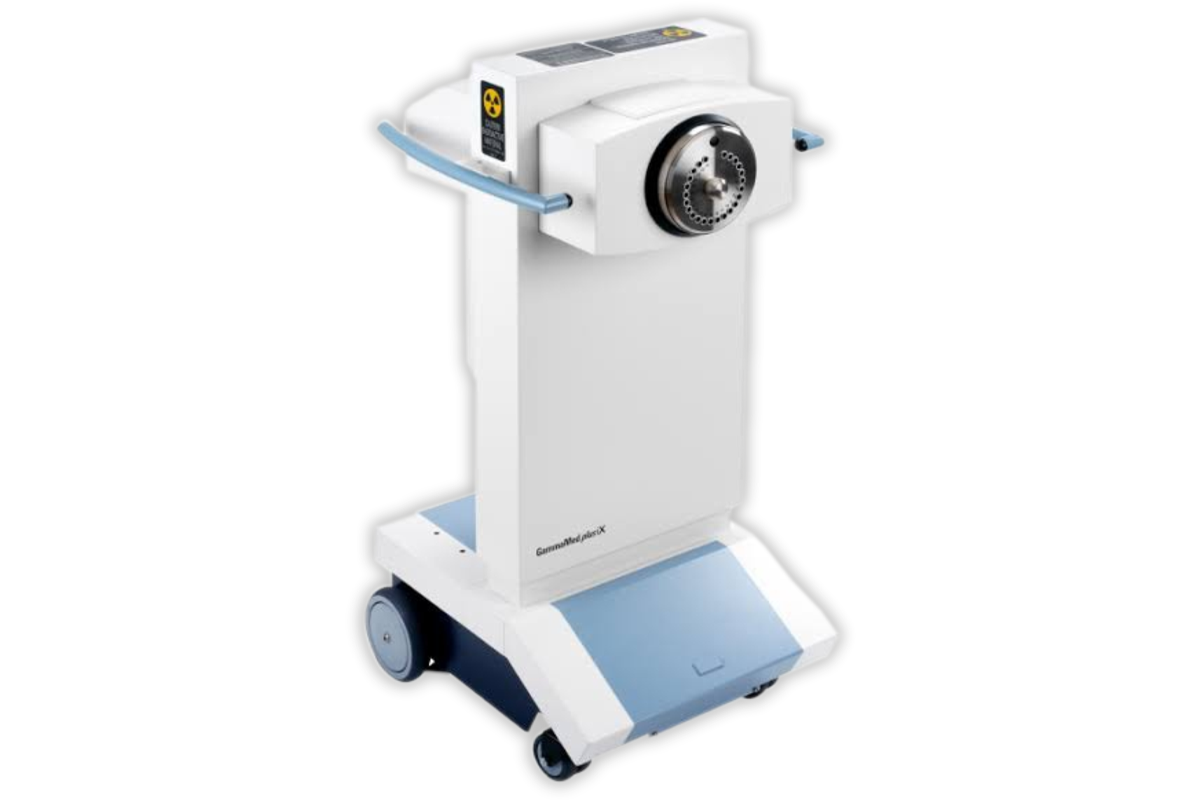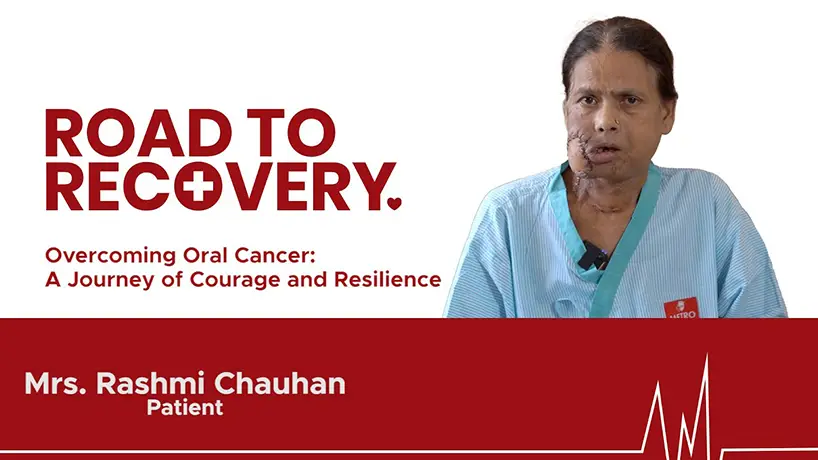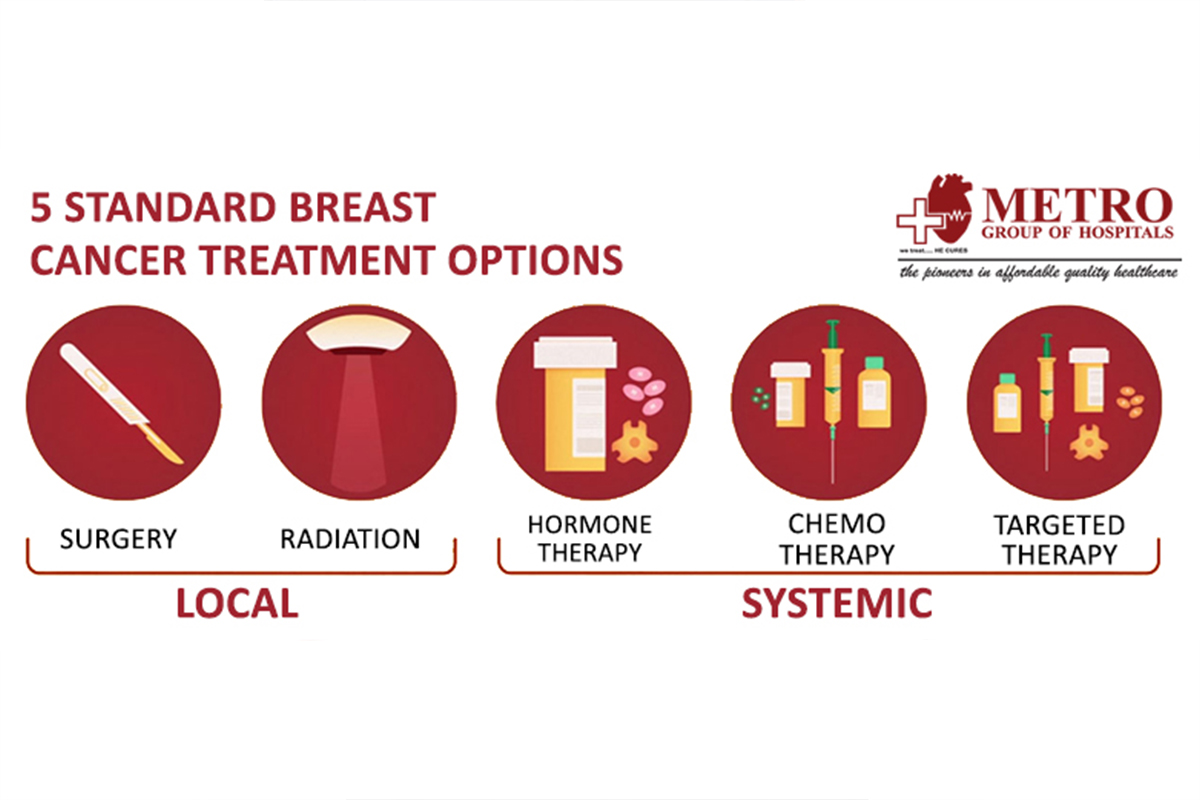Understanding Surgical Oncology: Surgical Oncology is a specialized field of medicine focused on the surgical management of cancer. Surgical Oncologists are trained in performing surgical procedures to remove cancerous tumors and adjacent tissues while preserving organ function and quality of life whenever possible.
Best Surgical Oncology Team: Our Surgical Oncology department is staffed with the best Surgical Oncology doctors in the region, committed to delivering exceptional care and achieving optimal outcomes for our patients. With expertise in diagnosing and treating various cancers through surgical interventions, our team delivers personalized care and innovative treatments tailored to each patient’s needs. Surgical Oncology encompasses a wide range of procedures aimed at diagnosing, staging, and treating various types of cancer.
What Comes Under Surgical Oncology: Surgical Oncology encompasses a wide range of procedures aimed at diagnosing, staging, and treating various types of cancer. This includes:
- Tumor resection: Surgical removal of cancerous tumors.
- Lymph node dissection: Removal of lymph nodes affected by cancer.
- Sentinel lymph node biopsy: A minimally invasive technique to assess lymph node involvement in cancer, without removing uninvolved lymph nodes, thereby reducing side effects.
- Oral Cancer Surgery: Removing the cancerous portion of the tongue Buccal mucosa, mandible bone, maxilla, and neck nodes.
- Mastectomy: Surgical removal of the breast tissue affected by breast cancer.
- Prostatectomy: Removal of the prostate gland in cases of prostate cancer.
- Colectomy: Surgical removal of a portion of the colon affected by colorectal cancer.
- Thyroidectomy: Removal of the thyroid gland in cases of thyroid cancer.
- Gastrectomy: Surgical removal of part or all of the stomach in cases of stomach cancer.
- Hysterectomy: Surgical removal of the uterus in cases of uterine or cervical cancer.
- Nephrectomy: Surgical removal of part or all of the kidney in cases of kidney cancer.
Tumor Resection: Tumor resection involves surgically removing cancerous tumors from the body. The goal of this procedure is to eliminate as much of the tumor as possible while preserving surrounding healthy tissue. Tumor resection may be performed using traditional open surgery or minimally invasive techniques, depending on the location and size of the tumor.
Lymph Node Dissection: Lymph node dissection, also known as lymphadenectomy, involves the surgical removal of lymph nodes that are affected by cancer. Lymph nodes are part of the body’s immune system and may contain cancer cells that have spread from a primary tumor. Removing these lymph nodes helps prevent the spread of cancer to other parts of the body and allows for more accurate staging of the disease.
Sentinel Lymph Node Biopsy: Sentinel lymph node biopsy is a minimally invasive procedure used to assess lymph node involvement in cancer. It involves injecting a tracer substance near the tumor site to identify the sentinel lymph node, which is the first lymph node to receive drainage from the tumor. The sentinel lymph node is then removed and examined for the presence of cancer cells, helping determine the extent of lymph node involvement and the stage of the cancer.
Mastectomy: Mastectomy is the surgical removal of the breast tissue affected by breast cancer. This procedure may involve removing the entire breast (total mastectomy) or only a portion of the breast tissue (partial mastectomy). Mastectomy may be recommended as a primary treatment for breast cancer or as a preventive measure for individuals at high risk of developing the disease.
Prostatectomy: Prostatectomy is the surgical removal of the prostate gland in cases of prostate cancer. This procedure may be performed using different approaches, including open surgery, laparoscopic surgery, or robotic-assisted surgery. Prostatectomy aims to remove the cancerous prostate tissue while preserving surrounding nerves and tissues responsible for urinary and sexual function.
Colectomy: Colectomy is the surgical removal of a portion of the colon affected by colorectal cancer. This procedure may involve removing a segment of the colon (partial colectomy) or the entire colon (total colectomy). Colectomy may be performed to remove the cancerous tissue, relieve symptoms, or prevent the spread of cancer to other parts of the body.
Thyroidectomy: Thyroidectomy is the surgical removal of the thyroid gland in cases of thyroid cancer. This procedure may involve removing part of the thyroid gland (partial thyroidectomy) or the entire gland (total thyroidectomy). Thyroidectomy aims to remove the cancerous thyroid tissue while preserving adjacent structures such as the parathyroid glands and recurrent laryngeal nerves.
Gastrectomy: Gastrectomy is the surgical removal of part or all of the stomach in cases of stomach cancer. This procedure may involve removing a portion of the stomach (partial gastrectomy) or the entire stomach (total gastrectomy). Gastrectomy aims to remove the cancerous stomach tissue while preserving nearby organs and maintaining digestive function.
Hysterectomy: Hysterectomy is the surgical removal of the uterus in cases of uterine or cervical cancer. This procedure may involve removing the uterus alone (total hysterectomy) or along with the cervix and surrounding tissues (total hysterectomy with bilateral salpingo-oophorectomy). Hysterectomy may be performed to remove the cancerous uterine or cervical tissue and prevent the spread of cancer to other pelvic organs.
Nephrectomy: Nephrectomy is the surgical removal of part or all of the kidney in cases of kidney cancer. This procedure may involve removing only the cancerous portion of the kidney (partial nephrectomy) or the entire kidney (radical nephrectomy). Nephrectomy aims to remove the cancerous kidney tissue while preserving kidney function and preventing the spread of cancer to other organs.
The role of a surgical oncologist involves:
- Diagnosis: Surgical oncologists play a key role in diagnosing cancer by performing biopsies or surgical procedures to obtain tissue samples for pathological examination. This helps determine the type, stage, and extent of the cancer.
- Treatment Planning: Based on the diagnosis and staging of the cancer, surgical oncologists develop personalized treatment plans tailored to each patient’s specific condition and needs. This may involve surgery as the primary treatment or in combination with other treatments such as chemotherapy, radiation therapy, or targeted therapy.
- Surgical Intervention: Surgical oncologists perform a variety of surgical procedures to remove cancerous tumors and affected tissues while preserving organ function and quality of life whenever possible. These procedures may include tumor resection, lymph node dissection, mastectomy, prostatectomy, colectomy, thyroidectomy, gastrectomy, hysterectomy, nephrectomy, and others, depending on the type and location of the cancer.
- Follow-Up Care: Surgical oncologists provide ongoing care and monitoring for cancer patients following surgery to assess treatment response, manage side effects or complications, and monitor for disease recurrence. They collaborate with other members of the cancer care team to ensure continuity of care and support for patients throughout their cancer journey.
Surgical oncologists undergo extensive training and education in general surgery followed by specialized training in surgical oncology. They stay up-to-date with the latest advancements in cancer treatment and surgical techniques to provide the best possible care to their patients. Overall, surgical oncologists play a vital role in the comprehensive management of cancer, helping patients achieve the best possible outcomes and quality of life.
When Should You Go to a Surgical Oncologist:
It is advisable to consult a Surgical Oncologist if you have been diagnosed with cancer or have symptoms that may indicate cancer. Surgical Oncologists play a crucial role in the multidisciplinary management of cancer and are involved in diagnosing cancer, determining the extent of the disease (staging), and performing surgical procedures to remove tumors and improve outcomes.
At Metro Hospitals, we understand the importance of timely and comprehensive cancer care. Our Surgical Oncology team is dedicated to providing personalized treatment plans, utilizing state-of-the-art technology and innovative surgical techniques to ensure the best possible outcomes for our patients. Trust us to guide you through your cancer journey with expertise, compassion, and unwavering support.







